Federal government’s hate-speech bill ‘falls short’
Attorney-General Mark Dreyfus’s new hate-speech laws are identical to those criticised in NSW for being inoperable after registering only one conviction in six years.
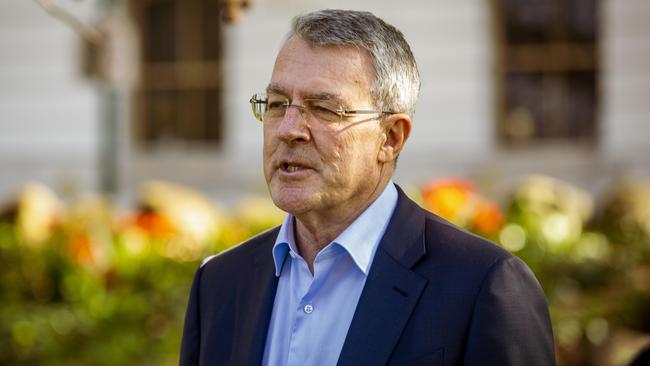
Attorney-General Mark Dreyfus’s new hate-speech laws are almost identical to those criticised in NSW for being inoperable – registering only one conviction in six years – which are now subject of a review given effectiveness concerns.
While welcoming the federal government’s “step”, Jewish leaders said the federal reforms didn’t go far enough amid rising anti-Semitism after October 7.
It comes as legal experts said while the provisions would capture the specific threats of violence, similar to NSW’s own protections, it would fail to encompass the hatred and extremism that prompts it.
Executive Council of Australian Jewry co-chief executive Peter Wertheim has been vocal on the need to introduce “hatred” into relevant legislation, saying on Thursday that Mr Dreyfus’s reforms “fell short” of the legislative shift needed.
“Criminal prosecutions will still not be possible for the kind of ugly and menacing behaviour that occurred in October 2023 at the Sydney Opera House when protesters chanted ‘f**k the Jews’, and other grossly anti-Semitic slogans,” he said.
“Nor will it be possible to prosecute hate preachers who have called for a “final solution” against “the Jews”, and described Jews collectively as innately “bloodthirsty”, “treacherous”, “criminals” and “monsters”
Mr Wertheim said he hoped a Senate inquiry into the bill would highlight those “deficiencies”, saying the rise in anti-Semitism across the past year “should never be allowed to happen again”.
NSW’s hate-speech protections, enclosed in Section 93Z of the state criminal code, have registered only one conviction since its 2018 enactment.
It outlaws “threatening or inciting violence” – the federal government plans to outlaw “threatening or urging violence” – but is currently being reviewed by the Law Reform Commission after criticism given its narrow scope and high threshold, meaning reported instances of hate speech, particularly since October 7, don’t breach the criminality threshold.
In August, NSW deputy Commissioner David Hudson called 93Z “problematic”, saying that proving that someone had “incited the public” was difficult.
Under the proposed federal legislation, to reach the criminal threshold, prosecutors and law enforcement would need to establish the intentional urging of violence, even if they were “reckless” as to whether it would occur, and which would carry a maximum five-year custodial sentence.
But RMIT University law lecturer Nicole Shackleton called the government’s proposals “watered down”, saying they didn’t address hatred or hate speech that underpinned the specific acts it sought to criminalise.
“These new laws send a strong message to the community that hate crime is unacceptable but overlook a key underlying cause of hate crime – hate speech, which denigrates a person or community simply because of who they are,” she said.
“The reliance on criminal penalties and incitement to violence, rather than hatred or ridicule, means these new laws would only target deliberate acts that seek to incite violence or cause harm.”
Hindu Council of Australia vice-president Surinder Jain welcomed the proposals, saying that while freedom of speech was a pillar of democracy, hate speech and threats were not.
“Spreading violence under the guise of free speech is not free speech,” he said, saying the council supported clamping down on hate speech coupled with safeguards for free speech.
“To fight those advocating terror against others, we may have to place (boundaries) on what is permitted free speech. Some restrictions on free speech are a sacrifice needed to protect Australians from fear, intimidation and actual harm.”
Key Muslim community leaders said they were hesitant to comment on the makeup of the proposals, given they were unaware of the details and hadn’t been consulted.
Gamel Kheir, general secretary of the Lebanese Muslim Association, the largest Islamic-based body by membership, said the government had frequently sprung legislation concerning the community without consultation.
“They talk about consultation without ever naming who from our community they’ve actually consulted,” he said.
“We’re one of the largest bodies, who exactly are they consulting?”
Mr Kheir said the organisation and community welcomed protections for all Australians against hate speech, but that the government’s approach was routinely “rushed” and “white washed” with the claim of community consultation.


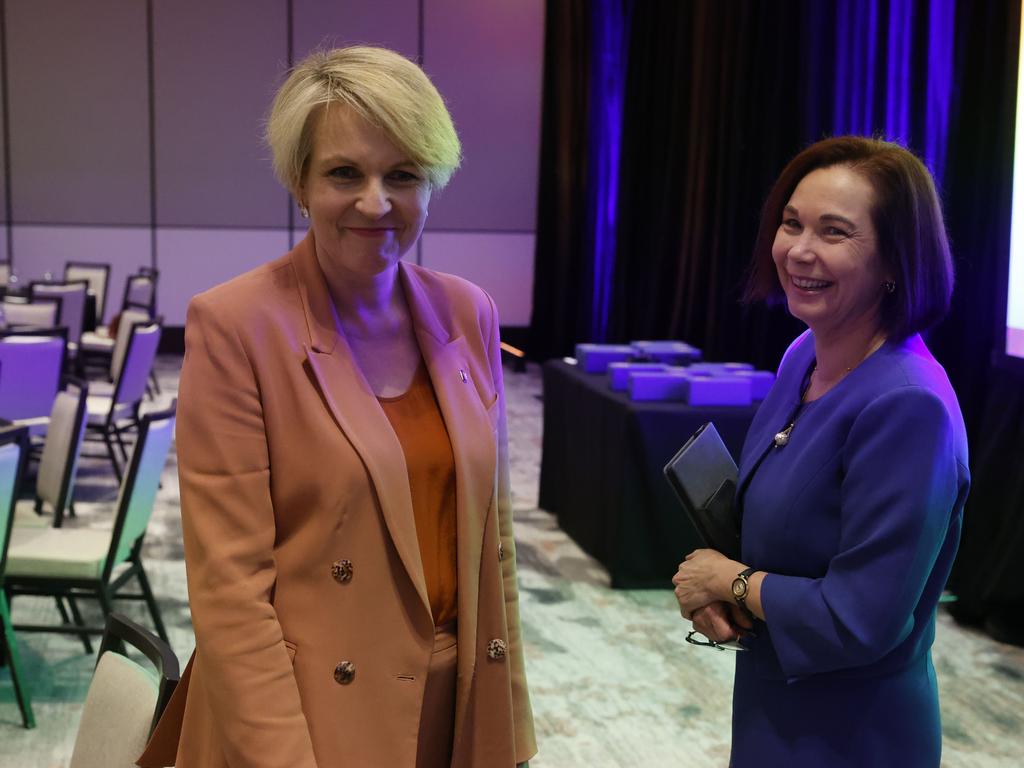
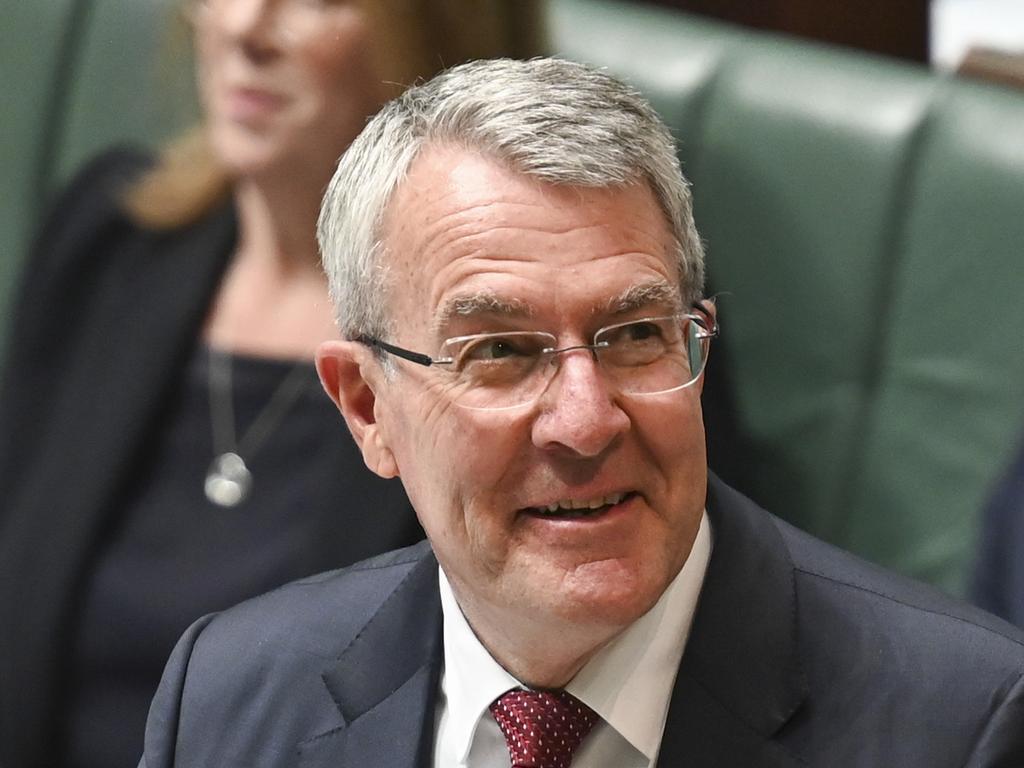
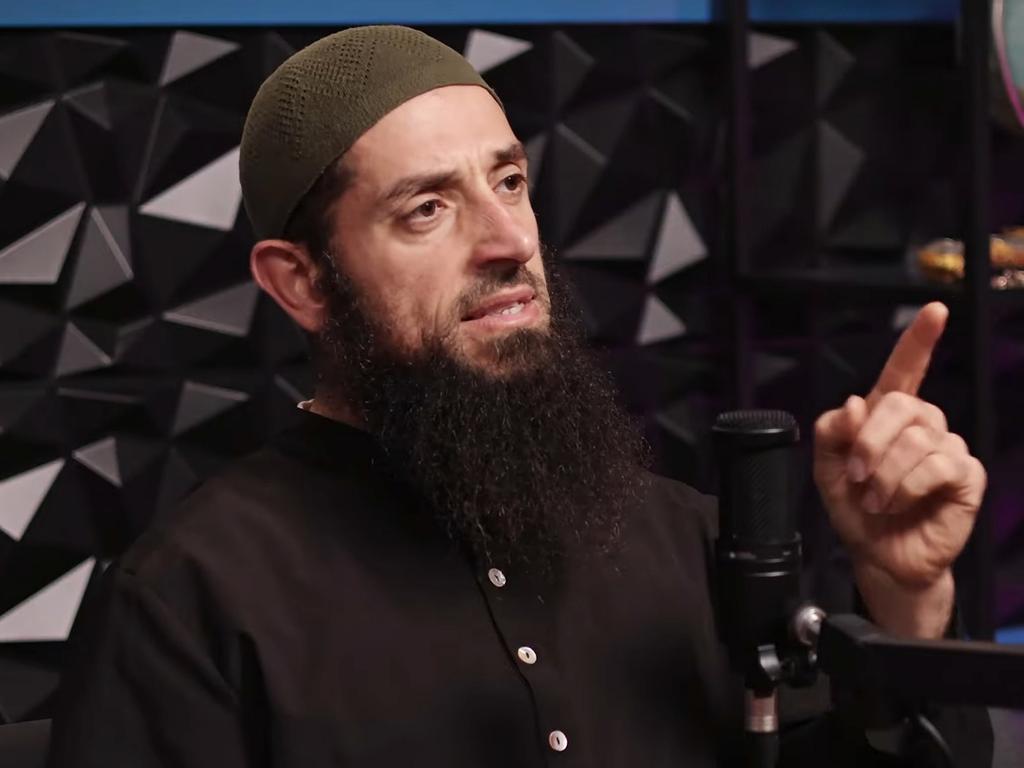

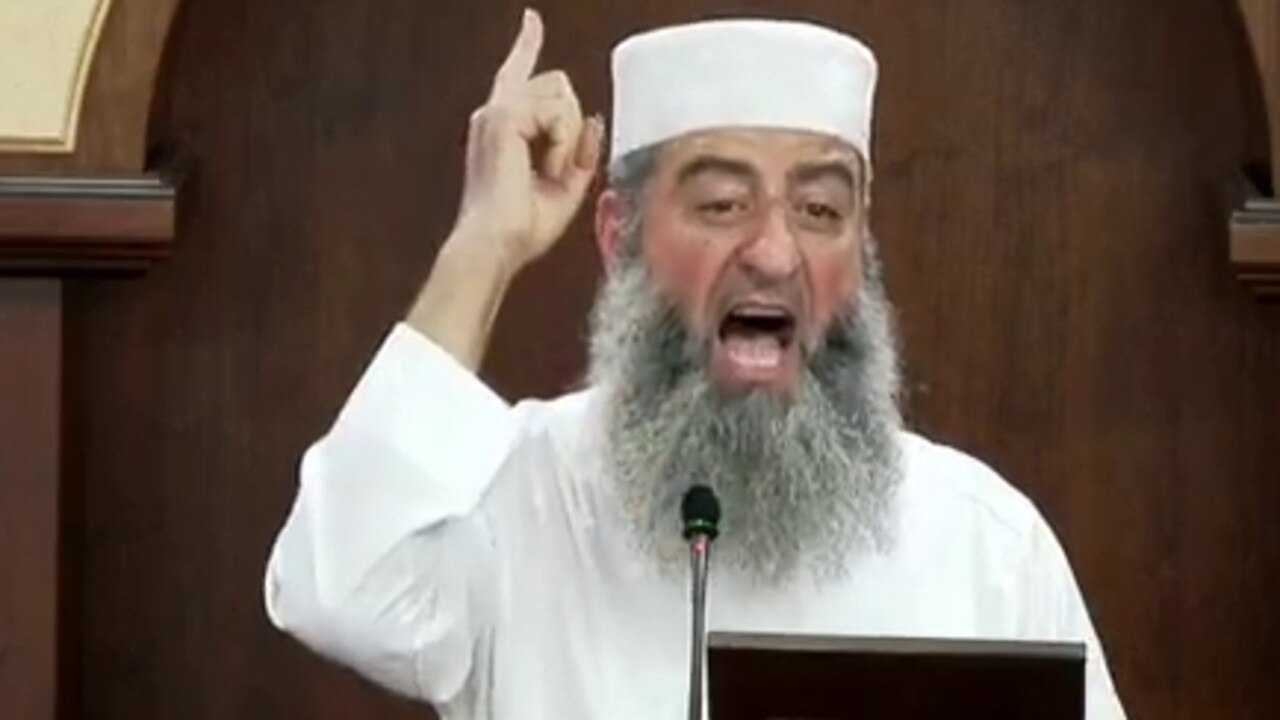
To join the conversation, please log in. Don't have an account? Register
Join the conversation, you are commenting as Logout